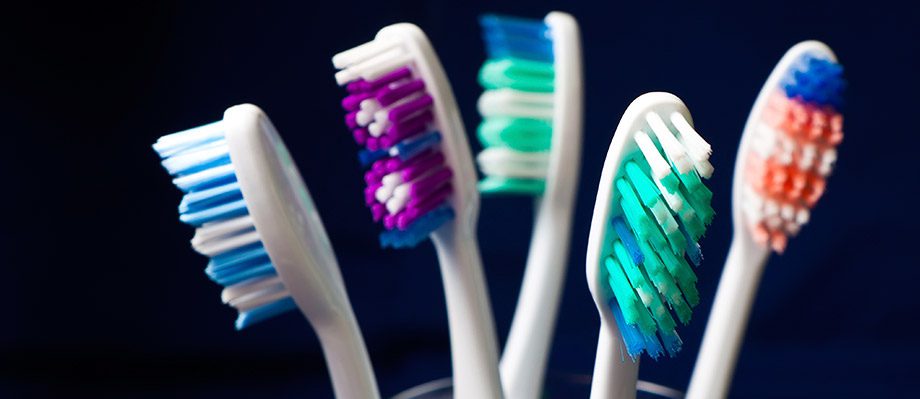Recently Australia has seen a rise in the number of people travelling overseas to undertake dental procedures hoping they will “save” money.
A quick search on Google will give results of flashy websites revealing locations such as Thailand or Philippines claiming “safe, clean and cheap dental implants” – at promises of over 60% savings in a ‘world-class’ international hospital.
Some packages also offer accommodation, activities and sightseeing to those receiving dental treatments! A package offering dental implants for a fraction of cost you’ll receive in Australia along with a holiday seems too good to be true, right? Well, if it seems too good to be true, then may be it really is.
There is no doubt that some of the treatment offered can be of high quality. But, the more complicated the treatment becomes – the higher the likelihood of something going wrong gets.
Unfortunately, many Australians after getting ‘cheap dental implants’ from places like Thailand have returned with problems that are difficult to address. Most of these damages ended up costing them extensive and costly repair procedures.
Before undertaking overseas dental implants, Australians should read the following facts:
- Many overseas dental practitioners that offer such cheap treatments to patients are practitioners that are not under the control of Australian Dental rules and regulations. Dentists in Australia abide by the highest standards of practice, safety and excellence in care.
- When it comes to dentistry, the Infection control standards in Australia are one of the best practices in the world. Infection control requirements in overseas countries are less rigid. It is crucial for the procedure of dental implants to require stringent infection control as it often includes surgery.
- There have been recent cases in Australia reporting new superbug ‘NDM-1’ which is highly resistant to antibiotics. The increasing number of patients jetting overseas for cheap dental procedures has been blamed for this invulnerable bacteria arriving here in Australia. ‘NDM-1’ appears to originate from India, where some cases of infection have also been reported in Japan and Pakistan.
- Due to language and culture differences, patients undertaking treatment in a foreign country may find it difficult to have their needs understood. If some complications arise, these communication differences can cause more difficulty in the process of rectification.
- Dental implants need to be conducted in a good amount of time, so as to allow each stage of treatment to settle before moving on to the next. Dental implants cannot be done professionally over a holiday period of 7 days. Implants need a time gap between the different stages of treatment, otherwise the patient may find that the work is placed in areas that have not been settled properly and may therefore fail. Fitting dental implants within a holiday schedule without allowing time will only increase the chances of complications and failure.
- Patients treated within Australia can seek alternatives if they face any problems with their dental treatment. Most importantly, they will have an easy access to their dentist to resolve issues, and their rights are protected. The complications to health caused from dental implants obtained overseas are not always covered by travel insurance and the repair may not be covered by Australian health funds.
The risks are not any different for dental implants conducted overseas like in Thailand and patients need to be aware. It is strongly recommended to choose your dentist carefully to avoid the risk of consequences of overseas dental treatment.

